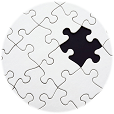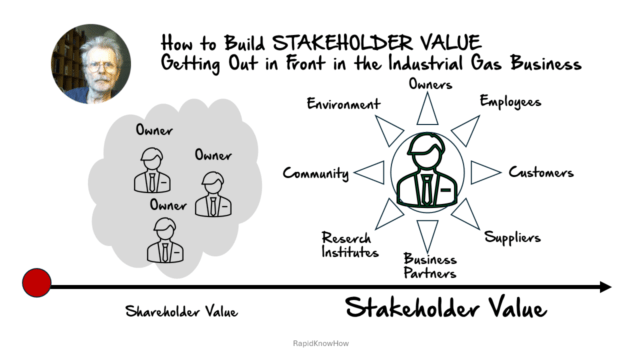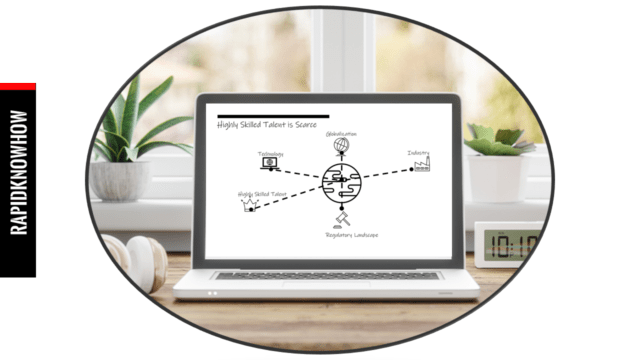[Total_Soft_Poll id=”2″]
Before starting developing your digital and information skills, check your current understanding of the digital practice.
That’s why I added a simple checklist to help gauge your current level of confidence.
Apply the digital information skills checklist to evaluate your current skills and identify areas that you need to develop. Wish You All Success!
How confident are you working online? When searching for information online, are you confident that you will be able to find the right information quickly? Do you know how to tell if the information you find is relevant and from a reliable source? Do you know how to make the best of online networking tools such as Facebook, Twitter, and LinkedIn? Are you happy with the way you present yourself online and do you know how to manage your digital ‘identity’?
The skills you need for these situations are known as ‘digital and information literacy or ‘DIL’ skills. These skills are not only important for your postgraduate study but invaluable at work and essential for employability. This checklist will help you to gauge your level of confidence in:
- understanding and engaging in digital practice
- finding information
- using information
- creating information.
This process will help you to identify your skills development needs and forms the basis for your personal development plan. Identify those skills that you have indicated with a score of 1 or 2 (i.e. as having ‘little or no confidence in, or as ‘reasonably confident’), and develop these further.
Scoring guide
1: little or no confidence
2: reasonably confident
3: very confident
Evaluate your digital and information literacy skills
| 1 | 2 | 3 | |
| Understanding and engaging in digital practices | |||
| Knowing what category of users you can expect online | |||
| Explaining what happens to the information you put online: your digital footprint | |||
| Choosing the right tool to find, use or create information | |||
| Presenting yourself online: your digital identity | |||
| Using online tools and websites to find and record information online | |||
| Establishing who owns information and ideas you find online | |||
| Establishing what online information you can legally re-use | |||
| Finding information | |||
| Knowing what information you can find on the web | |||
| Using advanced search options to limit and refine your search | |||
| Using keywords commonly used in your discipline to search for information | |||
| Using professional social networks as a source of information | |||
| Knowing when to change your search strategy or to stop searching | |||
| Filtering a large number of search results quickly | |||
| Scanning or skimming a web page to get at key relevant information quickly | |||
| Keeping up to date with information from authoritative sources (professional organizations or peer-reviewed journals) by subscribing to RSS feeds | |||
| Using information | |||
| Using information in different media, for example podcasts or videos | |||
| Assessing whether online resources (e.g. web page, blog, wiki, video, podcast, academic journal article) are credible and trustworthy | |||
| Using other people’s work (found online) without committing plagiarism | |||
| Citing a reference to an online resource (e.g. in an assignment) using the correct format | |||
| Keeping a record of the relevant details of information you find online | |||
| Using social bookmarking to organise and share information | |||
| Sharing files legally with others | |||
| Creating information | |||
| Adding comments to blogs, forums, or web pages, observing netiquette and appropriate social conventions for online communications | |||
| Writing online for different audiences (e.g. a web page or blog entry for private use; for reading by fellow students; for reading by your tutor; or for reading by anyone in the world) | |||
| Communicating with others online (forums, blogs, social networking sites, audio, video etc.) | |||
| Working with others online to create a shared document or presentation | |||
| Using media-capture devices (e.g. recording and editing a podcast or video) |
At this point, you are not expected to be able to demonstrate a high level of attainment covering all areas for each skill, but you should use this checklist to identify your current strengths and focus on skills that you need to develop further.




